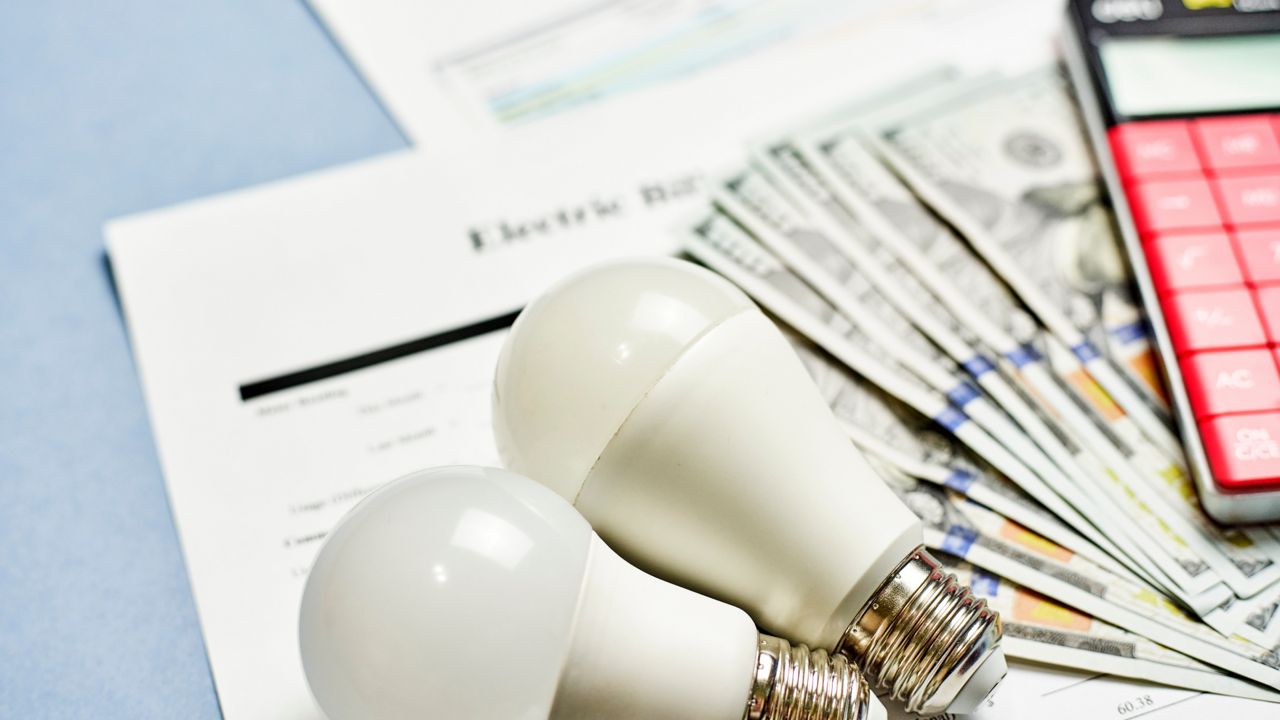The New York state Senate on Tuesday passed legislation aimed to make utility bills easier to pay for ratepayers, including the NY Heat Act, which aligns utility regulation with state climate justice and emission reduction targets.
The NY HEAT Act, which passed 40-22, had been approved by the state Senate last year but the Assembly and Gov. Kathy Hochul have yet to find agreement on all variables of the legislation. Hochul included key provisions in her 2025 state budget, but not the entire piece of legislation.
The bill is intended to limit costs to customers as New York state transitions away from natural gas while protecting them from predatory practices by capping utility costs at 6% of income for low- and moderate-income New Yorkers to prevent utility companies from hiking rates.
“With gas utilities raising rates across the state in order to double down on outdated fossil gas infrastructure, it's never been clearer that the status quo is not only unsustainable, it's also unaffordable,” Democratic state Sen. Liz Kruger, who sponsored the legislation, said in a statement.
The other bills the chamber passed would:
- Require the Public Service Commission to consider the economic impact of utility rates and charges when evaluating utilities’ proposed rate changes
- Direct the Department of State and Public Service Commission to study and report upon disclosure by utilities to credit reporting agencies regarding late payments
- Require electric corporations, gas corporations, steam corporations and water-works corporations to use standardized return on equity calculations set by the Public Service Commission to prevent unjustifiable rate increases
- Direct utilities to file with the Public Service Commission a model procedure for calculating estimated utility bills and to use more actual meter readings
- Establish civil penalties for utilities that knowingly make false material statements to the Public Service Commission in relation to a rate-making proceeding
- Require social services districts to automatically re-enroll eligible people or households for the low-income home energy assistance program (LIHEAP) if they remain eligible



